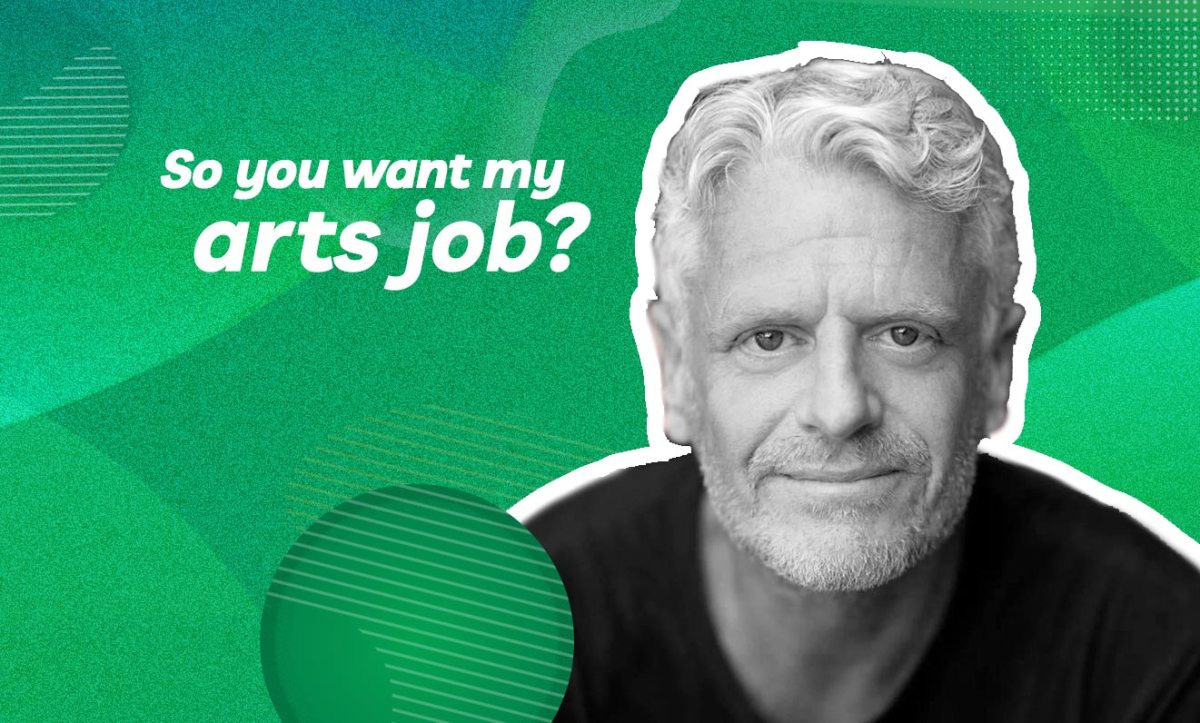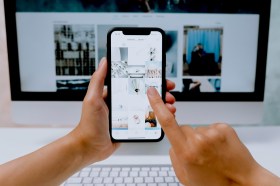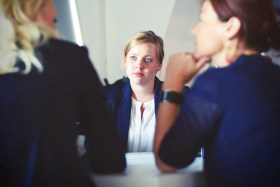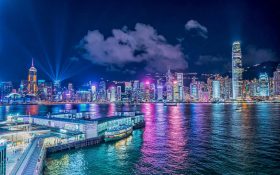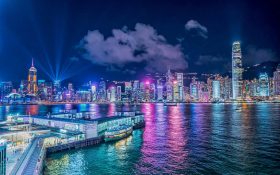As a freelance writer currently working on his first book, Richard Castles needs to somehow make money. So he does lots of other jobs, including being a casual film and television extra.
How would you describe what you do?
I work as an extra in film and television. Sometimes we are called background artists. You might have seen Ricky Gervais’s show Extras. We are unfeatured, non-speaking players who appear in the background of television commercials, shows and movies. Most often we are just sitting or walking in the background to provide atmosphere in a street or café. But sometimes we might be soldiers in an army, or other scenarios that require large crowds. You are usually only required to perform simple actions like clapping, eating or miming a conversation.
How did you get started in becoming an extra?
I joined a large talent agency in Melbourne that represents models, promotional people and actors. I paid an annual fee which included professional headshots for their books. I’ve been doing it for about eight years. They put me forward for film, television, and advertising jobs, and take a commission out of my pay. With new technology, there is more scope to manage yourself through online talent databases, which requires searching and applying for jobs yourself, but my agency works well for me. If you want to be a professional actor, though, you would need to be with a more elite, specialised agent.
What is an average day or week like for you?
I’ve been fortunate to get a day’s work every week on average. Some extras can get a consistent job for months on big productions. Depending on the job, I can be fitted for a costume before I turn up on set, or instructed to wear a particular look from my own wardrobe. I turn up to the studio or location where there will be a unit base set up.
You might have seen the marquees and film trucks around the suburbs on shooting days. Once in costume, I might get a quick once-over from hair and makeup. Generally, there is a lot of sitting around waiting, so I bring a book. The extras are usually the last to be placed on set, once the shot has been set up, the lighting finalised and the blocking for the actors worked out.
There is an assistant director in charge of extras who gives us our directions, like ‘when Liam Neeson says, “I will find you”, walk from here to that tree.’ Days can be long, so we are usually fed well on set, but only after the crew and main cast.
What’s the most common misconception about being an extra?
People might think being an extra is a stepping stone to becoming an actor, that they might be ‘discovered’. That would be very rare. If you want to be a professional actor, you need to study many years to learn the craft. Extras are really not supposed to be noticed too much. You are more like a moving prop.
So, if you are in the background doing too much ‘acting’, you’re more likely to be removed from the set than given a role. That said, occasionally extras may be asked to deliver a line that has been added last-minute to the script for some reason – if they feel up to it. Or if you have the right look, you might be put forward for a job with a line, in which case you become a featured artist and are paid at a substantially higher rate. I’ve done that a couple of times.
If you were interviewing someone to be an extra, what skills and qualities would you look for?
There aren’t many skills required to be an extra. A variety of faces are wanted, so anyone can apply. You don’t need any special skills, although sometimes a particular ability might be needed for a job, like being able to catch a ball or dance a little. You need to be easy-going and agreeable, and able to follow simple instructions without fuss – if you are difficult to work with, the word is likely to get around and you won’t be put up for other jobs.
Film production costs big money per minute, so unless you are Tom Cruise or Nicole Kidman, no one is going to put up with a troublemaker. Mostly, you just need to be comfortable enough to be unself-conscious on camera. An interesting, distinctive face can help if they are wanting particular looks, but you don’t have to be a supermodel. They usually want a cross-section of people with multicultural faces.
What’s the best thing happening in the extra/acting sector at the moment?
The film and television industry was fortunate to continue operating more than a lot of sectors through the COVID interruptions, although under trying conditions. There is a lot of production going on, including international movies and television series, that bring a lot of jobs to the local economy. The greater inclusion of diverse ethnicities and identities is very positive. I’ve loved working with people from varying backgrounds.
During the long days when you are not on set, you have time to chat to a lot of interesting people. The jobs can be fun sometimes, and you get to do a bit of subtle star spotting if that’s your thing. I’ve been in scenes with Kate Winslett, Liam Neeson, Bryan Brown and Judy Davis to name a few, although extras rarely interact with the stars.
Read: So You Want My Arts Job: Clown Doctor
What’s the most memorable role you’ve been asked to do? Or the most high profiled show?
A fun part of being an extra, if you like playing dress-ups, is appearing in shows or movies from different eras. I’ve appeared in scenes from the 1800s, through the 1960s, 70s and 80s, to the present and the future. My most memorable role was in an Australian television comedy show called Open Slather in a skit called The Slap 2. You can find it on YouTube. Basically, a dad walks around slapping everyone at a family barbeque, including me. It’s been viewed millions of times, and that’s just by friends having a laugh. I was also proud to be an extra in the last episode of Neighbours recently. It felt like being in a small part of Australian history.
